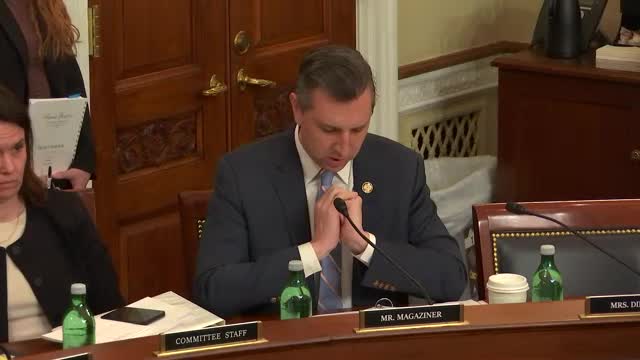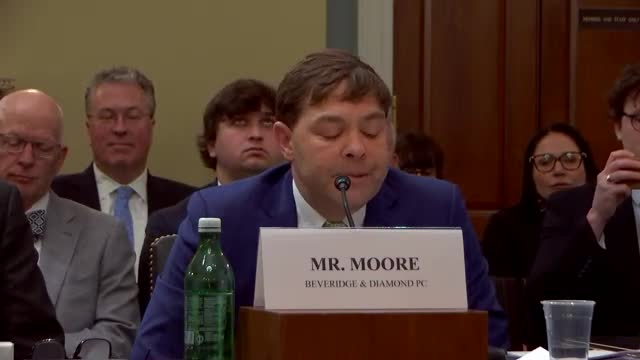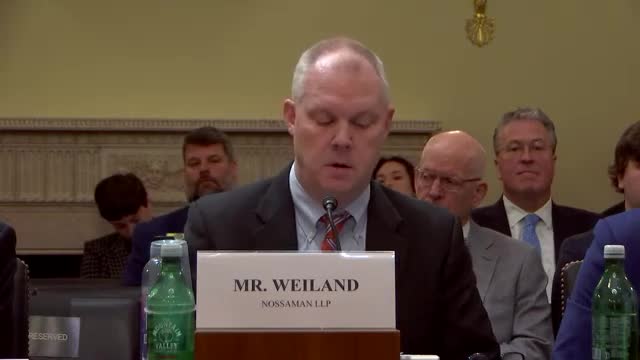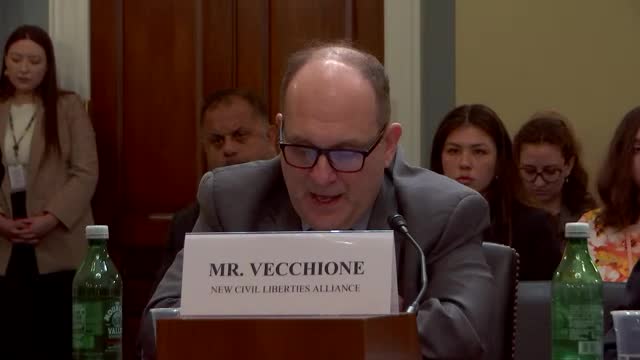Article not found
This article is no longer available. But don't worry—we've gathered other articles that discuss the same topic.

Members, witnesses warn agency layoffs at Fish & Wildlife and NOAA worsen permitting backlogs and threaten species recovery

Experts: ESA-MMPA permitting mismatch blocks projects; manatee cited as recurring example

Panel debates NMFS vessel speed rules, right whale protections and agency authority

